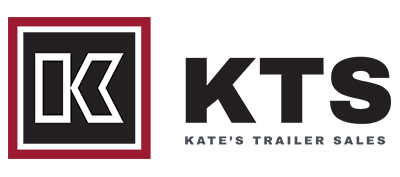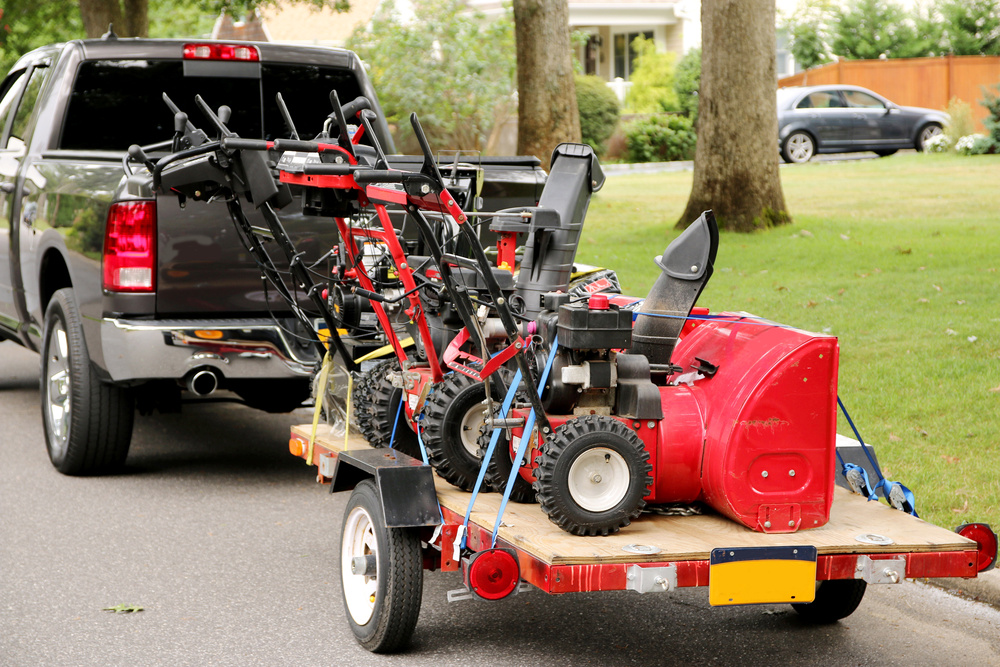Guide to Tow Vehicle Safety
Making sure your tow vehicle is up to par and fully prepped is just as important as preparing for the rest of the trip. Just like you need to make sure you have your keys, sunglasses, wallet and snacks to ensure a comfortable ride, your tow vehicle may also need a little attention to prepare it for the possible rough roads ahead. Whether you’re a first-time tower or experienced with pulling trailers, we put together a list of tips we think are crucial for tow vehicle safety.
Determine Tow Capacity
The first thing you need to do is figure out how much weight your tow vehicle can safely handle. Pulling trailers over your vehicle’s towing capacity can result in dangerous handling, insufficient brake performance, or serious damage to your vehicle’s suspension, engine or drivetrain. Taxing your vehicle beyond the recommended tow limits puts you, your passengers, and other drivers on the road at risk of injury or even death. Tow capacity and similar towing restriction information can typically be found in your vehicle owner’s manual or by contacting the manufacturer.
It’s also important to ensure you have the proper hitch capable of handling the load of your trailer. The hitch must manage the twists, turns and pulling of the thousands of pounds of trailer tugging at it. In your towing preparations, know your weight limits.
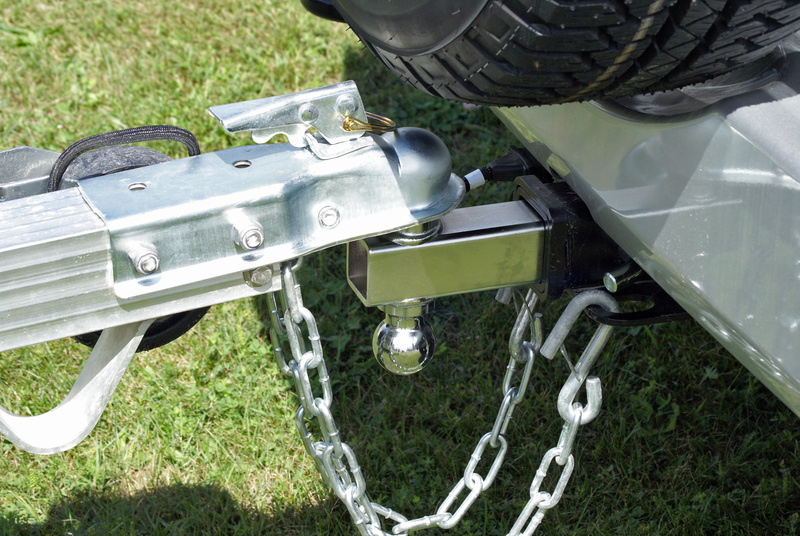
Install a Trailer Hitch
You’ll need to have a trailer hitch installed before you can tow a trailer. There are a variety of different types of hitches available, so make sure you choose one that is rated for your vehicle’s towing capacity and the weight of the trailer you plan to tow. Your hitch should also be installed by a professional to ensure that it’s securely attached to your vehicle. If you need a hitch installed, stop by our parts and service department! Our team installs B&W gooseneck hitches, brake controllers and more to assist you in proper tow vehicle safety.
Install a Trailer Brake Controller
If your trailer is equipped with electric brakes, you’ll need to install a trailer brake controller in your tow vehicle. This device is connected to your vehicle’s braking system and controls the trailer’s brakes, allowing you to slow down and stop safely. The service technicians at Kate’s Trailer Sales can install brake controllers on your truck to ensure your tow vehicle safety.
Install Sway Bars
Sway bars can help stabilize your trailer and prevent it from tipping by bracing the side-to-side motion of the trailer against the axle of your vehicle. This provides even weight distribution and creates stability against hazards like wind gusts. Another way to help fight trailer sway is by balancing your trailer weight evenly and keeping 60% of the overall load on the front half of the trailer.
Install Transmission Upgrades
Add-ons like “shift kits” and transmission cooler can prevent extra wear and tear on your transmission. Shift kits make gear shifting more efficient in automatic transmissions, which produces less heat and quicker shifts. Adding cooler to your transmission also lowers the internal temperature of your transmission. This combats the heat energy produced from hauling heavy loads. The cooling extends the operating life of the transmission and helps optimize shifting performance.
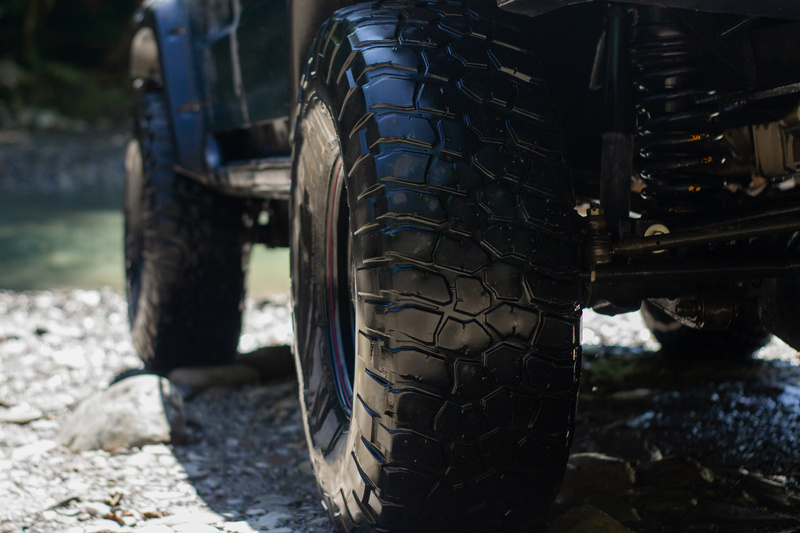
Tow Vehicle Tire Check
Your vehicle’s tires are an essential component when it comes to safe towing. Make sure that your tires are properly inflated and have plenty of tread. You may also want to consider upgrading to tires that are designed for towing, as these will provide better stability and handling when towing a heavy load.
Check Your Vehicle’s Brakes
Your brake system needs to be in good condition with brake pads that have been recently installed or serviced. Additional weight being pulled means more momentum to stop with your vehicle. If your brakes are squeaky or leaky, take them in for maintenance right away. Your trailer may have its own brakes, in which case these brakes should be checked as well. Trailers heavier than 4,500 lbs. are required to have their own brakes.
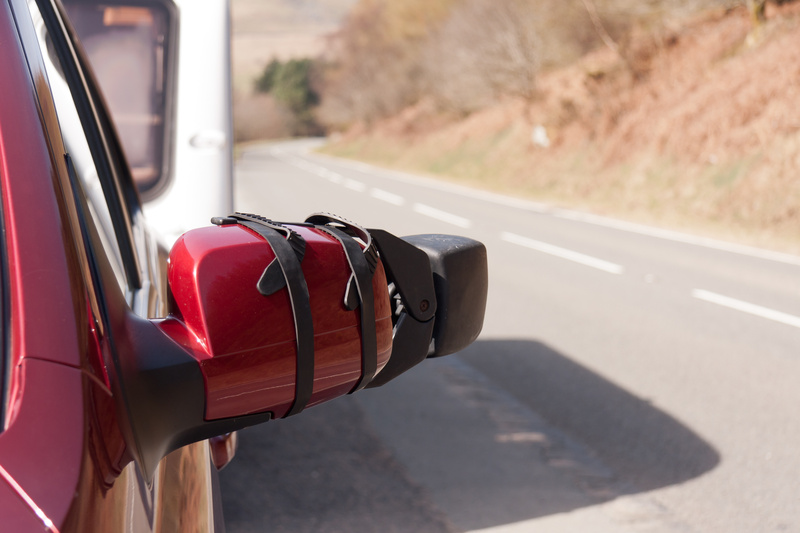
Check Your Vehicle’s Suspension
Your vehicle’s suspension also plays an important role in tow vehicle safety. If your vehicle’s suspension is worn or damaged, it can cause your vehicle to sway or bounce as you tow. Make sure that your suspension is in good condition and consider upgrading to heavier-duty components if necessary.
Installing suspension modification is another way to ensure your tow vehicle safety. When prepping your vehicle to tow, installing standard helper springs or air shocks, called “airbags,” can prevent your vehicle from sinking in the back. Keeping the trailer level with these modifications makes for a smoother ride.
Assess and Adjust Mirrors
When you tow a trailer, your vehicle’s mirrors may need to be adjusted to provide better visibility. You should be able to see the sides and rear of your trailer without having to strain your neck or rely solely on your backup camera. You can also consider installing tow mirrors or extensions to help you see more of what’s behind you.
Tow mirrors help ensure that you have a full field of view. They can help you see around the blind spots created by your trailer. Make sure the mirrors are adjusted so that you get a clear view that extends to the end of the trailer. Extended towing mirrors, wide-angle mirrors and clip-on mirrors are all good choices to safely increase your visibility while driving with your trailer.
Check Signals and Taillights
All signals and lights on your trailer and vehicle should be in working condition to comply with tow vehicle safety regulations and legal restrictions. Large trailers can block the view of your vehicle’s taillights, which makes it impossible for drivers to see you at night. Working signals and taillights also help drivers anticipate your turns or braking, making it safer for both you and others on the road.
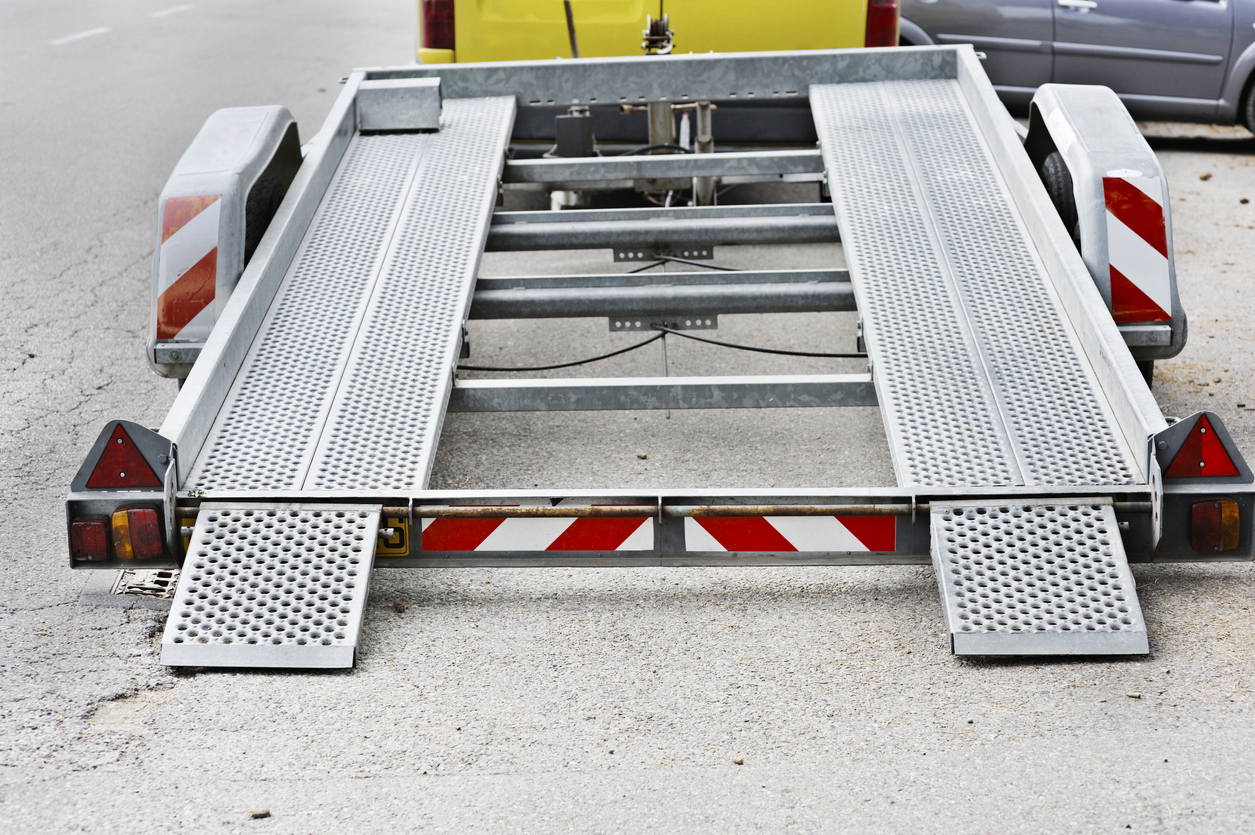
Practice Towing a Trailer
Before hitting the road with your trailer, it’s a good idea to practice towing in a safe, open area. This will give you a chance to get used to the feel of your vehicle and trailer, as well as practice maneuvers like backing up and turning.
By taking these steps to follow our tow vehicle safety advice, you can help ensure that your trips are safe and enjoyable. These safe towing guidelines help protect you, your passengers, and other travelers on the road. Remember to always follow the manufacturer’s recommendations and safety guidelines, and to never exceed your vehicle’s towing capacity. When in doubt about specifications or limitations of your vehicles or trailers, you can consult with the manufacturer’s website or manual.
If you have questions on preparing your vehicle to tow, ask the experts at Kate’s Trailer Sales. Our staff can help you learn about your vehicle and your trailer. We also have a broad inventory of new and used trailers for sale, so you can find the right unit to match your needs.
